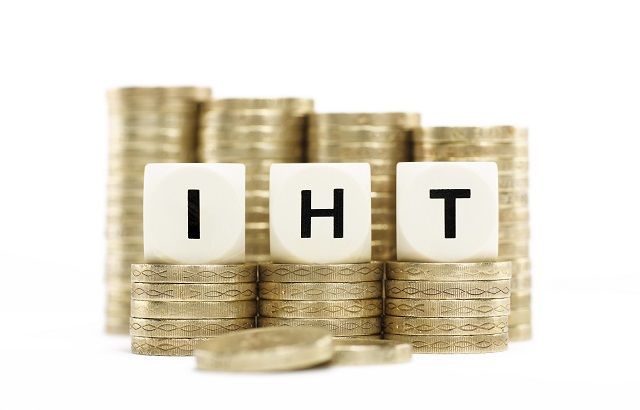Inheritance tax (IHT) receipts have soared in recent years, revealing a growing imbalance in terms of who actually pays their way. Loopholes continue to be exploited by the super-rich, many of whom deploy trust funds and bank accounts in tax havens to shield their wealth from the Exchequer, leaving the burden for the increased receipts to be shouldered by growing ranks of middle-class citizens, writes Gareth Hughes, head of private wealth and succession planning at law firm Lawrence Stephens.
This current state of affairs is entirely at odds with the original post-war remit for inheritance tax, namely to curb the inherited wealth of the upper classes and bring about a more equitable society as a result. It is little wonder that the tax is viewed in such a dim light by so many British taxpayers, who watch their own inheritances being eroded while those higher up in the financial pecking order suffer no such similar fate.
After the death of Queen Elizabeth, a poll found that two thirds of the British public believed King Charles should be liable for inheritance tax on the private wealth he inherited from the Queen, a sum estimated just shy of £150m ($182m, €170m).
While there is little prospect of the law being changed to force monarchs to pay the tax, the poll was illuminating in terms of reflecting the growing opposition to the disparity between the upper and middle classes when dealing with the death duty.
Recognising this increasing unease among voters, lip service is paid often by politicians about shaking up, or even abolishing, the tax. However, firm action is yet to be taken, and is long overdue, especially in the current economic climate.
The cost-of-living crisis, coupled with soaring inflation, has disproportionately affected the lower and middle classes, yet it is they who find themselves leaned upon to contribute the most in inheritance tax year after year.
The irony of the situation from the Treasury’s perspective is that, even though inheritance tax take doubled year on year and almost tripled since 2011, the total sum from the duty is a drop in the ocean compared to the total sums raised from all other tax channels. Given this, it is hard to see why the Government persists with the current inheritance tax regime when it raises so little revenue, yet raises so many hackles in tandem.
The rates of tax applied are a particular bone of contention, given the soaring cost of properties in recent years, especially in the south of England. Whereas once a residence nil rate band of £175,000 may have seemed appropriate given the average house price, in today’s property market, such a threshold is far too low, and consequently drags more and more families into having to pay tax on wealth passed down by their relatives.
The nil rate threshold of £325,000 is also becoming increasingly obsolete as a result, having not been raised since 2009. The refusal to reset the figure means that inheritance tax is functioning as a stealth tax on the middle classes alone, and many are beginning to feel both the economic and emotional stress as a result. The recent announcement that the thresholds will be frozen until at least April 2028 means that there is no respite coming anytime soon, despite there being a clear and pressing need to tackle the problem.
Adjusted for inflation, the thresholds would be significantly higher if fairly calculated. The nil rate band would be over 40% higher, at £460,000, while the residence nil rate threshold would be 14% higher at around £200,000. Little wonder that there is such a clamour for change amongst campaigners and the general public alike, although the appetite for change at political level seems far more muted at present.
One workable suggestion would be to radically increase the nil rate threshold to £6m, in line with federal tax law in the United States, although many countries have no death duties in place at all, which would affect calls to simply replicate the US regime rather than consider the tax statutes elsewhere.
Alternatively, another viable option would be to raise the threshold on untaxed gifts between relatives. The current £3,000 annual tax-free threshold is set far too low, and should be replaced by a lifetime threshold of £1m, which would greatly ease the strain on so many families affected by the current system.
The steep rise of inheritance tax receipts over the last decade is indicative of a growing problematic relationship between taxpayers and the Exchequer, and must be addressed urgently in order to prevent further damage being done. The effects of rising property prices and general inflation need to be reflected in new, more equitable thresholds set by the Government, in order to finally make inheritance tax law move with the times.
This article was written for International Adviser by Gareth Hughes, head of private wealth and succession planning at law firm Lawrence Stephens.








